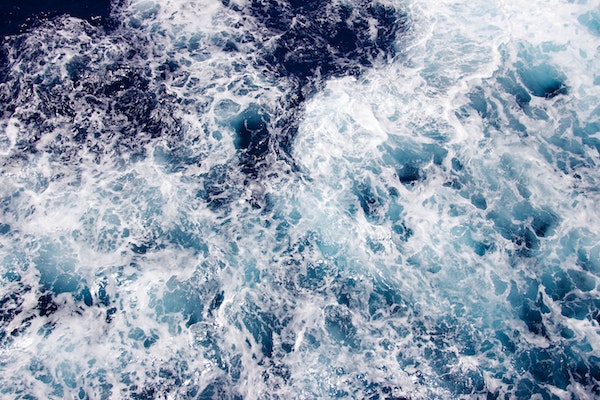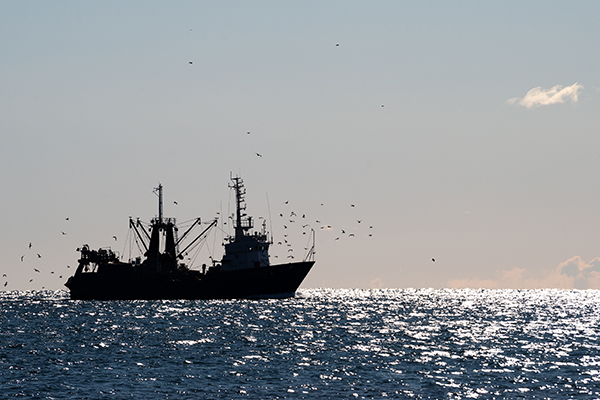Environmental groups praise Ocean Climate Action Plan but warn implementation is key to success

On March 21, 2023, the Biden-Harris administration released its Ocean Climate Action Plan, the first-ever government-wide strategy to maximize the power of the ocean to combat climate change.
The Ocean Climate Action Plan outlines new actions on the Administration’s ocean-climate priorities, including efforts to advance climate solutions, promote environmental justice, support healthy communities and ensure a robust and sustainable ocean economy. It covers eight priority areas and contains over 200 specific recommendations to “advance immediate, transformational steps to protect ocean health and address the climate crisis.”
President Biden will also direct the Secretary of Commerce to consider initiating a new National Marine Sanctuary designation within the next 30 days to protect all U.S. waters around the Pacific Remote Islands. If completed, the new sanctuary would ensure the U.S. will reach the President’s goal of conserving at least 30 percent of ocean waters under American jurisdiction by 2030.
“This Ocean Climate Action Plan is the first comprehensive approach that the U.S. has taken to leveraging the power of the ocean in the fight against climate change,” said Jean Flemma, Director of Ocean Defense Initiative, one of the organizations that has long called for a government-wide ocean climate strategy. “The plan should inspire a ripple effect of powerful climate actions from coast to coast that will slash emissions and help frontline communities.”
Spanning 70 percent of the planet, the ocean offers a wealth of opportunities to mitigate climate impacts, with the potential to provide one-fifth of the emissions reductions needed to curb global temperature rise. Although environmental organizations and ocean advocates praise the plan, Flemma cautions that it is “only as strong as its implementation.”
The Ocean Climate Action Plan comes a day after a new United Nations report made clear that human activities, principally through greenhouse gas emissions, have unequivocally caused global warming, driving weather and climate disasters across the globe.
Download the Ocean Climate Action Plan here.
Follow the Advocate on Twitter @GSA_Advocate
Now that you've reached the end of the article ...
… please consider supporting GSA’s mission to advance responsible seafood practices through education, advocacy and third-party assurances. The Advocate aims to document the evolution of responsible seafood practices and share the expansive knowledge of our vast network of contributors.
By becoming a Global Seafood Alliance member, you’re ensuring that all of the pre-competitive work we do through member benefits, resources and events can continue. Individual membership costs just $50 a year.
Not a GSA member? Join us.
Author
Related Posts

Responsibility
Hottest ocean temperature record set in 2022 for seventh consecutive year
Research says a record-high ocean temperature combined with greater salinity could create inhospitable ocean conditions for marine life.

Health & Welfare
With warming waters, will fish suffer from oxygen deprivation?
A new study has found that larger fishes are more likely to experience oxygen deficiency in warming water than smaller species.

Responsibility
Report: Ocean warming may intensify IUU fishing and threaten global security
The Royal United Services Institute warns that ocean warming caused by climate change could intensify IUU fishing and threaten food security.

Fisheries
Study: Marine heat waves deep underwater persist longer
A NOAA study finds marine heat waves can occur with little evidence of ocean warming at the surface, which impacts fisheries management.



